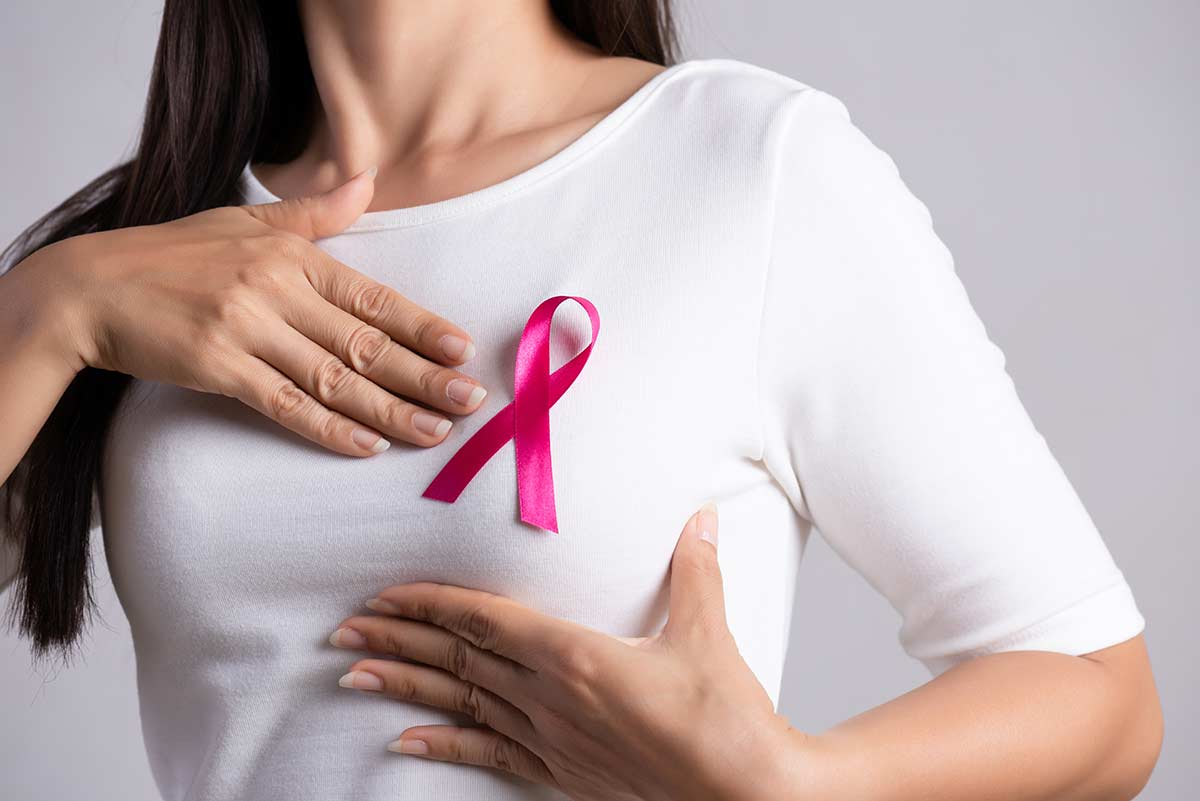October is National Breast Cancer Awareness Month
October is National Breast Cancer Awareness Month. Did you know that one in eight American women will develop breast cancer at some point in their lives? Every 120 seconds a woman in the US receives a breast cancer diagnosis. Breast cancer is the second most common cancer in women in the US and the most common worldwide.
With education, early detection, and breakthroughs in treatment, the death rate from breast cancer has been declining since the 1990s. There currently more than 3.5 million survivors of breast cancer in the US.
Despite the push by medical professionals and various organizations to educate men and women about breast cancer, misconceptions and incorrect information still find their way into peoples’ lives.
Myths About Breast Cancer: Setting the Record Straight
Here, we will share with you some common breast cancer myths and their factual counterparts, as explained by the National Breast Cancer Foundation, Inc. (NBCF)
Myth #1 – If you have a lump in your breast, it means you have breast cancer
Myth #2 – Men can’t get breast cancer
Myth #3 – Mammograms can cause cancer to spread.
Breast compression, such as the kind performed during a mammogram, cannot cause breast cancer to spread. The radiation used in mammograms also poses little threat to the patient.The National Cancer Institute (NCI) says, “The benefits of mammography, however, nearly always outweigh the potential harm from the radiation exposure. Mammograms require very small doses of radiation. The risk of harm from this radiation exposure is extremely low.”
Myth #4 – Having a family history of breast cancer means you will get breast cancer.
However, if you have a relative who had breast cancer, you might have a higher risk. Any increased risk is something you should discuss with your doctor so you can take appropriate steps to stay on top of your health.
Myth #5 – Breast cancer is contagious.
Myth #6 – If you have BRCA1 or BRCA2 gene, you will definitely get breast cancer
However, according to the NCI, “a woman who has inherited a harmful mutation in BRCA1 or BRCA2 is about five times more likely to develop breast cancer than a woman who does not have such a mutation.”
Breast Cancer Awareness
October is a perfect time to make sure you have the facts about breast cancer. It is also a good time to reach out to your friends and family to share what you have learned. Early detection can be the key to successfully treating breast cancer, and having the correct information is a crucial component of the process.
National Breast Cancer Awareness Month also provides an opportunity for you to do something special for someone you know who is undergoing cancer treatments. Chemo and radiation can be difficult to endure, even when the outlook is good.
Cancer Gift Boxes For Women With Breast Cancer
If someone you love has cancer, send them a helpful cancer gift basket from Rock The Treatment. Chemotherapy and radiation gift baskets are packed with the essentials needed to ease side effects of treatment, as well as enhance physical and mental well-being. See all of our cancer care packages and find the one that best supports their journey.

